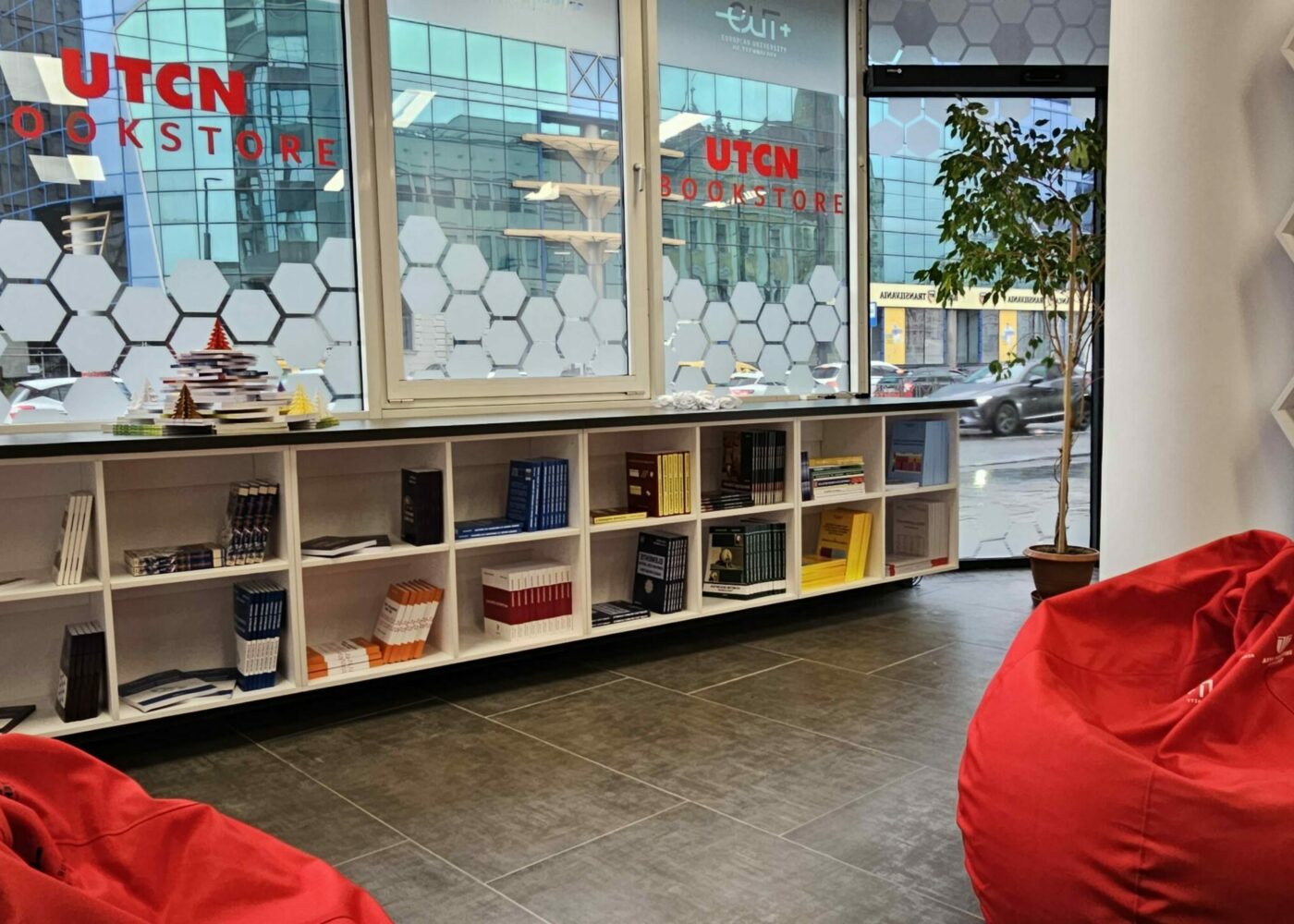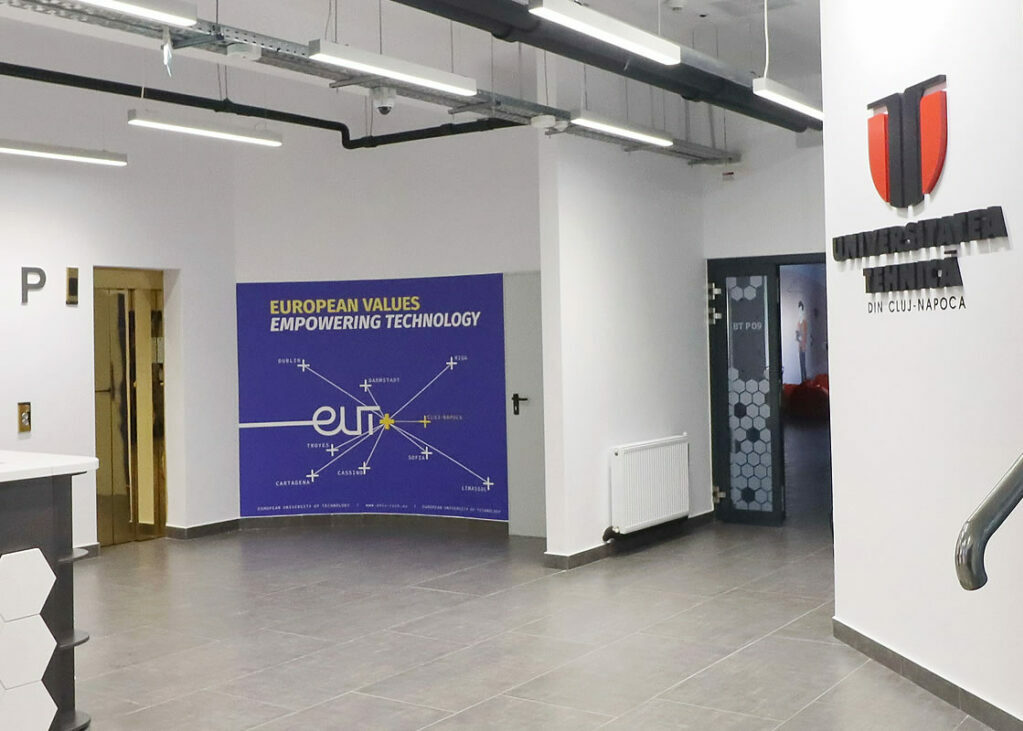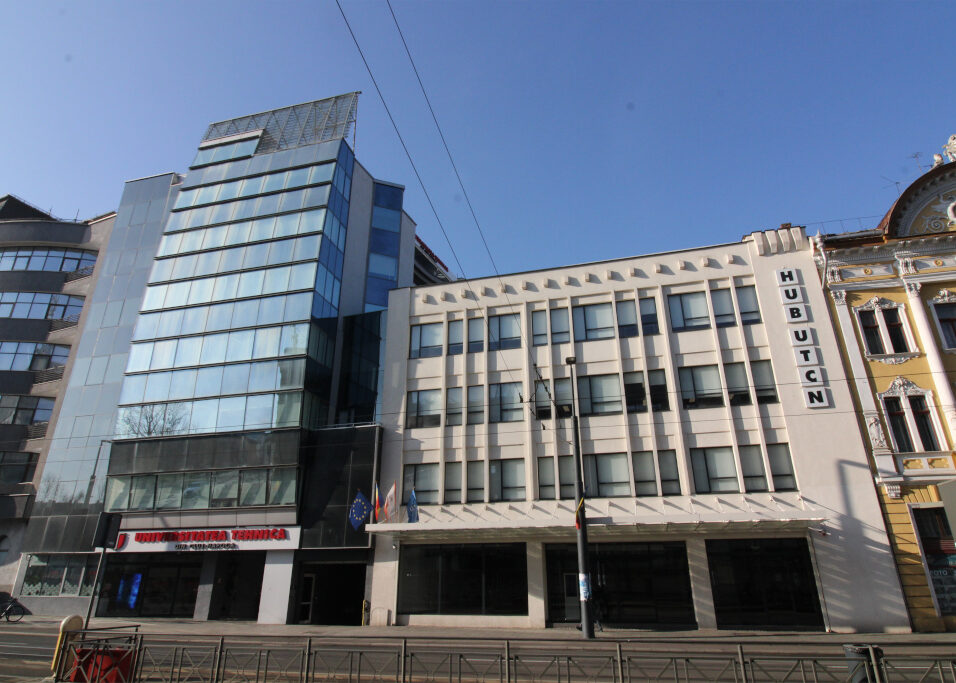Call for Papers
The “SpeD 2025” Organizing Committee warmly invites you to attend the 13th Conference on Speech Technology and Human-Computer Dialogue, in Cluj-Napoca, Romania.
The conference will bring together scientists, developers, and professionals to present their work, meet colleagues, discuss new ideas, and build collaboration between university, research center, and commercial sector research groups. The technical program will include oral sessions, keynotes by renowned speakers, and demonstrations of latest research on a wide range of topics positioned at the forefront of science and engineering in speech technology and human-computer dialogue.
The conference will be held in-person at the Technical University of Cluj-Napoca.
Language Data Space (LDS) Workshop organised by RACAI – on 22nd of October, SpeD will co-host the Romanian LDS Country Workshop along with RACAI. More info here: https://www.racai.ro/p/lds/
The past editions of the “SpeD” conference series were sponsored by IEEE and EURASIP (technical sponsors), the proceedings being indexed by the IEEE Xplore® Digital Library, Scopus, and the Web of Science Conference Proceedings Citation Index (the WoS indexing process has not been finalized for the previous 2023 edition). This year, papers accepted and presented during the conference will also be submitted for inclusion into IEEE Xplore, subject to meeting IEEE Xplore’s scope and quality requirements, and will be sent for indexing in Web of Science.
Main Topics
- Automatic Speech Recognition (ASR): algorithms, models, and systems for accurate and robust transcription of spoken language in diverse acoustic and linguistic conditions.
- Audio Deepfakes and Forensics: detection, analysis, and prevention of manipulated or synthetic speech; forensic applications for speaker verification and authenticity assessment.
- Text-to-Speech (TTS) Synthesis: neural and statistical approaches to generating natural, expressive, and intelligible synthetic speech.
- Speech Emotion Recognition (SER): computational methods for analyzing affective and paralinguistic cues in speech.
- Automatic Speaker Recognition and Diarization: techniques for speaker identification, verification, and segmentation in multi-speaker environments.
- Audio and Speech Signal Processing: enhancement, separation, coding, and transformation of speech and audio signals.
- Multimodal and Audio-Visual Speech Processing: integration of visual, linguistic, and contextual cues for improved understanding and synthesis of human communication.
- Natural Language Processing (NLP): models and tools for understanding, generating, and interacting with human language, including dialogue systems and large language models.
Peer Review Process
All submitted papers undergo a rigorous review and evaluation process to ensure high scientific quality, technical accuracy, and relevance to the conference topics.
1. Initial Screening
Each submission is first checked for compliance with the conference submission guidelines, including formatting, length, and topic relevance. Papers are also verified for originality using plagiarism detection software. Submissions that do not meet these basic requirements may be returned to authors for correction or rejected prior to peer review.
2. Review Assignment
Papers that pass the initial screening are assigned by the TPC Chair to reviewers based on their areas of expertise and the topic selected by the authors during submission. Each paper is reviewed by at least three qualified reviewers, ensuring a balanced evaluation from both senior and junior researchers. Conflicts of interest are strictly avoided.
3. Peer Review
SpeD follows a single-anonymous review policy, where the reviewers remain anonymous to the authors. Reviewers assess each paper according to the following main criteria:
- Relevance and significance to the conference topics;
- Novelty and originality of the proposed ideas or approaches;
- Technical quality and soundness of the methodology and results;
- Clarity and quality of presentation, including English language use;
- Adequate referencing of prior work;
- Experimental validation or theoretical justification, as appropriate for the paper type.
4. Decision Process
Based on the reviewers’ recommendations, the Technical Program Chair and General Chairs make the final acceptance decisions. All authors receive detailed feedback from reviewers to support future improvements.
5. Publication and Presentation
Accepted papers must be presented at the conference by one of the authors to be included in the SpeD Proceedings and submitted for inclusion in the IEEE Xplore® Digital Library.
Requirements of Publication Following Acceptance
- The author must register at the regular or student conference rate and for a maximum of four papers per author registration.
- The paper must be presented at the conference live by one of the authors.
- All accepted papers must have an IEEE Electronic Copyright form submitted before the manuscript can be included in the conference proceedings. Authors are required to submit the form during the submission of the final version of the paper.
Adherence to Community Standards
The Technical Programme Committee confirms that SpeD adheres to community standards, promoting an honest, transparent and inclusive environment for the authors, reviewers and conference participants. The adherence to community standards ensures that the research published in SpeD proceedings is of the highest quality, trustworthy, and serves the broader academic community. The proceedings papers are consistent with accepted best practices and current regulations in the fields of speech communication, language technologies, and multimodal human–computer interaction. All parties involved in the publication process of the SpeD conference proceedings adhere to the established principles of ethical publishing, and this applies to authors as well as reviewers and the editorial board.
Integrity and Honesty. All submissions to SpeD are expected to represent original research. We firmly stand against any form of academic dishonesty, including plagiarism and data manipulation. All the papers undergo a plagiarism detection process using IEEE CrossCheck.
Fair Peer Review. SpeD is committed to an impartial and constructive peer review process. All submissions are treated with respect and evaluated solely on their academic merits.
Conflict of Interest. Reviewers are required to disclose any potential conflicts of interest, not to compromise the peer-review process.
Ethical Approvals. Any research involving human participants or animals must have obtained appropriate ethical approval before reported in conference papers.
Respect and Inclusion. We are committed to ensuring that SpeD and the papers review process is free from any form of discrimination. SpeD is dedicated to providing a welcoming environment that values inclusiveness and equality
Schedule
- Paper submission (5 – 6 pages, IEEE format): June 30, 2025.
- Notification of acceptance and reviewers’ comments: August 15, 2025.
- Submission of final papers: September 5, 2025.
- Conference: October 19-22, 2025.











